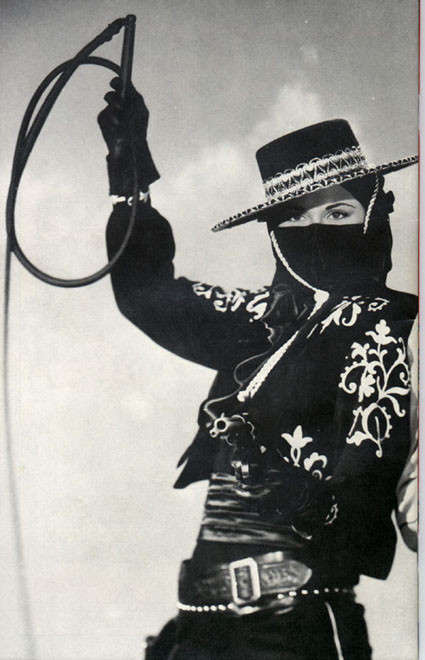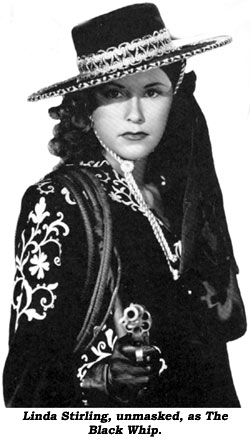Filmed in rural India with nonactors by first time director and Columbia University graduate Rajnesh Domalpalli, who counts both countries as his home, Vanaja is immersed in elemental, vivacious Indian cultural textures, music and flavor. In contrast, the drama feels sketchy and contrived, without a clear sense of character beyond conceptualized stick figures.
Vanaja (Mamatha Bhukya) is an outspoken and ambitious fourteen year old born into poverty and living with her widowed alcoholic father. To make ends meet and also learn traditional Kuchipudi dance, Vanaja seeks work as a servant at the home of a crabby wealthy landowner. There she attracts the attention and desire of the woman's handsome aspiring politician adult son Shekhar (Karan Singh), who rapes her.
After hiding Vanaja in a neighbor's house until the child is born when Vanaja refuses an abortion, the father and daughter arrange to sell the infant boy back to the landowner. But Vanaja begins to miss her son, and returns to the estate so she can be near him. And though this despicable male with pedophilia tendencies continues to behave abusively and with intimidation towards Vanaja, she demands that her rapist marry her.
When he refuses, Vanaja concocts other schemes, such as getting together with her father to write a threatening note to the landowner demanding they recognize Vanaja as the child's rightful mother (the landowner had claimed the mother was deceased) or else they'll expose Shekhar and ruin his political career as an opposition leader (and we never learn in opposition to what). And Shekhar in turn beats Vanaja's elderly father. Vanaja also attempts to goad the local postman in return for sex, into lying that he heard Shekhar admit to their parental relationship. But he soon retracts his accusation under pressure from the landowner.
Vanaja eventually gives up her personal hopes for a happy ending to her dire situation. And defeated but unbroken, she settles for a half-dream of a vague promise from the landowner that the child will be allowed to visit her when he's much older. She then rides off into the sunset, so to speak, with a girlfriend atop a pet elephant.
There's loads of atmosphere and charm to this tale, but little that feels compelling or heartfelt to the drama. Not to mention that this is the second movie this year, following The Other Boleyn Girl, where a female yearns to marry her rapist. And yet one more in a series of deplorable films in which women fall in love with their rapists and/or are more often than not happily subjected to mandatory motherhood.
The notion of limited options for females in India is certainly a valid theme. But a little ironic when considering that India has already long accepted women as leaders of their country, and relegated to the highest office of the land, while the presumably more enlightened and advanced United States has reacted to such an idea (at least the male half of this country), with the most despicable reactionary misogynist revulsion and ridicule more associated paradoxically, with an implicit homegrown sexual caste system.
Prairie Miller
AGORA: Dragged from her chariot by a mob of fanatical vigilante Christian monks, the revered astronomer was stripped naked, skinned to her bones with sharp oyster shells, stoned and burned alive as possibly the first executed witch in history. A kind of purge that was apparently big business back then.
.jpg)
CRITICAL WOMEN HEADLINES
Subscribe to:
Post Comments (Atom)




















No comments:
Post a Comment